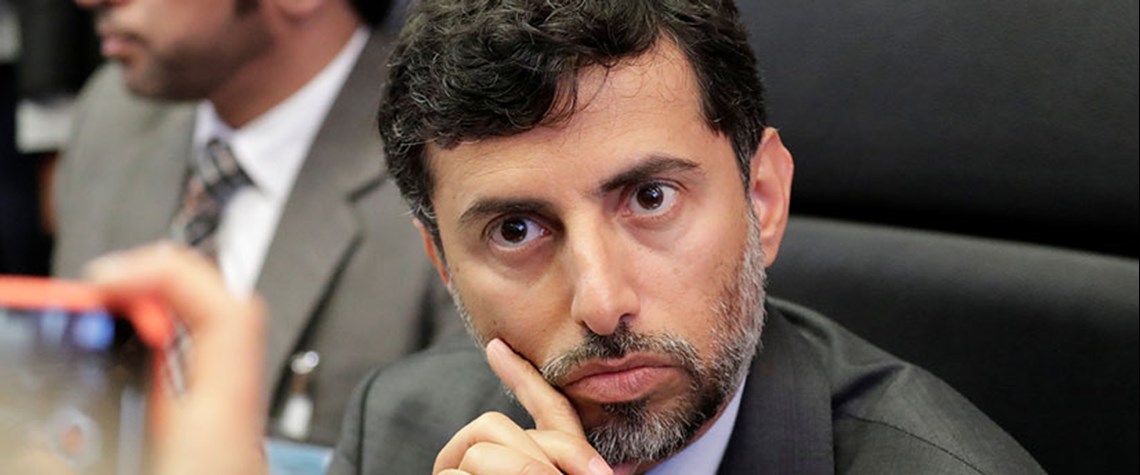Saudi Arabia’s different drivers bode ill for Opec+ unity
The Kingdom has a radically divergent perspective on both the short- and long-term oil market. And that could mean the cracks in the cartel only getting wider
“I find it striking that the UAE has stepped away from Saudi Arabia, a long, long-time ally within Opec and Opec+,” Dan Brouillette, US secretary of state for energy from 2019 to earlier this year, told CNBC in the aftermath of the collapse of July’s Opec+ meeting without an agreement. But, looking at the inherently different motivations between Saudi Arabia and other major producers within the cartel, perhaps it is not that surprising. Indeed, maybe the most notable aspect of the oil market’s recent history has been the relative unity between diverse actors as the energy transition upends received wisdom in all aspects of the industry. And, if these Saudi-Emirati cracks become fissures, the

Also in this section
17 February 2026
The 25th WPC Energy Congress, taking place in Riyadh, Saudi Arabia from 26–30 April 2026, will bring together leaders from the political, industrial, financial and technology sectors under the unifying theme “Pathways to an Energy Future for All”
17 February 2026
Siemens Energy has been active in the Kingdom for nearly a century, evolving over that time from a project-based foreign supplier to a locally operating multi-national company with its own domestic supply chain and workforce
17 February 2026
Eni’s chief operating officer for global natural resources, Guido Brusco, takes stock of the company’s key achievements over the past year, and what differentiates its strategy from those of its peers in the LNG sector and beyond
16 February 2026
As the third wave of global LNG arrives, Wood Mackenzie’s director for Europe gas and LNG, Tom Marzec-Manser, discusses with Petroleum Economist the outlook for Europe’s gas market in 2026







